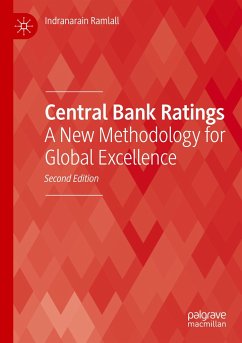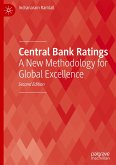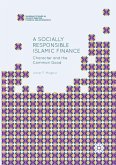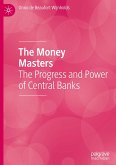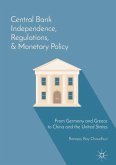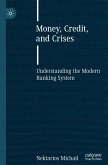When the global financial crisis broke, central banks in both the US and the UK undertook massive asset purchase programmes which resulted in considerable increase in assets. Cross-border spillover effects were noted across global economies. Balance sheet adjustments may eventually gnaw at the profit-earning capacities of central banks, and in extreme cases, negative equity can manifest.
This updated book investigates a benchmark for comparing central banks. The author employs a unique and large set of metrics to gauge the quality of central banks and presents an argument to reflect upon international best practices covering 124 banks in this latest study. The study uses different criteria including the accounting body, research, presence of stress-testing exercises, inflation-targeting frameworks, staff efficiency, and languages of communication with the public, amongst others. The book begins by providing an overview of central banking, before exploring some stylized facts about central banks in unique detail. It then presents a ratings methodology for worldwide central banks to analyse the results. A backtesting exercise is included to validate the quality of the ratings obtained. The book concludes by offering insights into the comparison of central banks.
This updated book investigates a benchmark for comparing central banks. The author employs a unique and large set of metrics to gauge the quality of central banks and presents an argument to reflect upon international best practices covering 124 banks in this latest study. The study uses different criteria including the accounting body, research, presence of stress-testing exercises, inflation-targeting frameworks, staff efficiency, and languages of communication with the public, amongst others. The book begins by providing an overview of central banking, before exploring some stylized facts about central banks in unique detail. It then presents a ratings methodology for worldwide central banks to analyse the results. A backtesting exercise is included to validate the quality of the ratings obtained. The book concludes by offering insights into the comparison of central banks.

